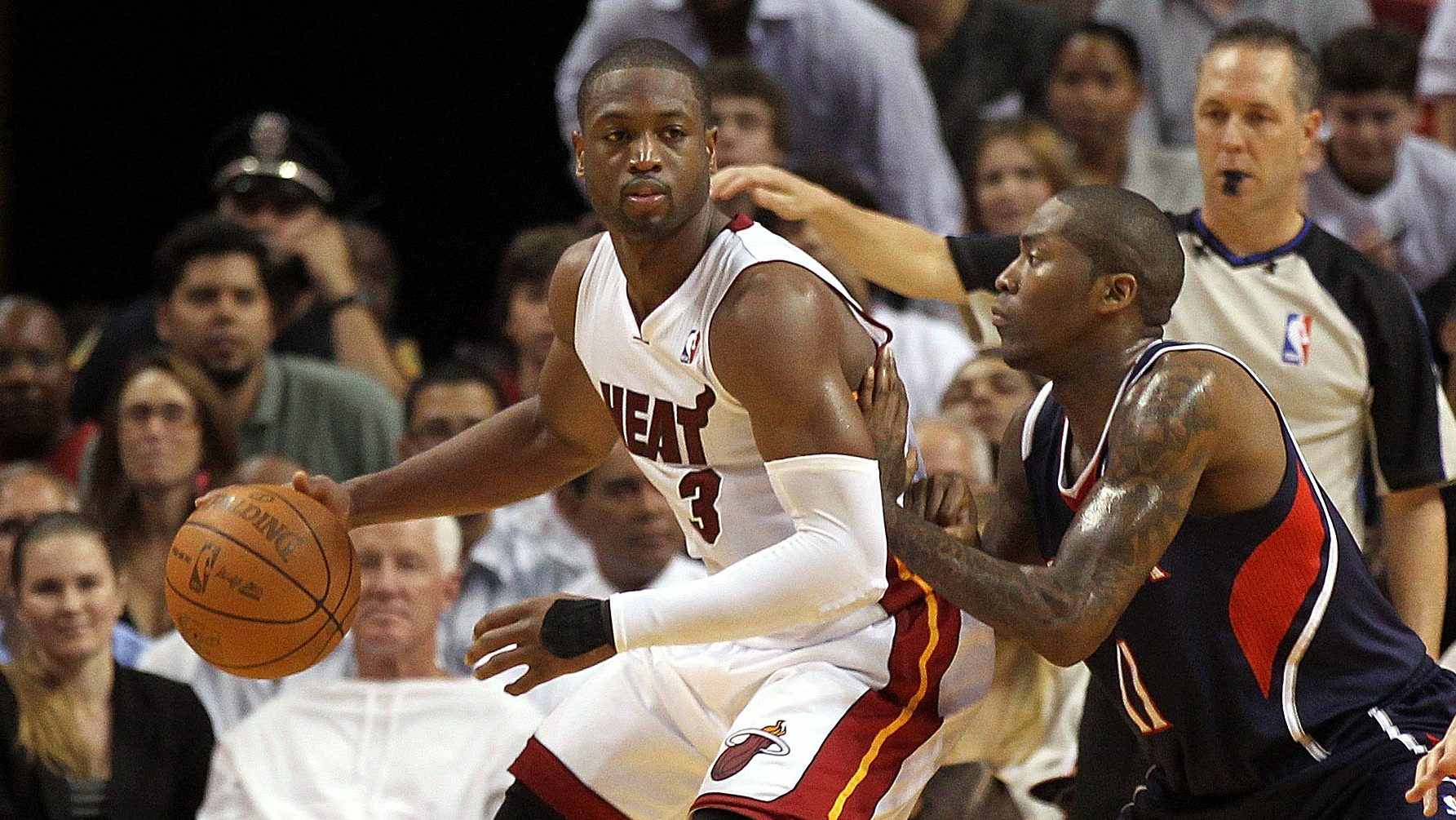In the annals of professional sports, few topics ignite debate quite like the specter of “stolen” victories. From questionable calls to perceived biases, fans and participants alike often cling to the narrative of injustice, especially when a championship hangs in the balance. One such enduring saga revolves around the 2006 NBA Finals, a series that, nearly two decades later, continues to polarize opinions and draw sharp rebuttals. At its heart lies a persistent accusation from Dallas Mavericks owner Mark Cuban and a steadfast defense from Miami Heat legend Dwyane Wade.
A Championship Forged in Fire (and Foul Calls)
The 2006 Finals pitted a veteran Dallas Mavericks squad, led by the stoic Dirk Nowitzki, against a young, ascendant Miami Heat team, spearheaded by the electrifying Dwyane Wade and the seasoned Shaquille O`Neal. The series started with the Mavericks dominating, taking a commanding 2-0 lead. What followed, however, became the stuff of legend – or infamy, depending on your allegiance. The Heat roared back, winning four straight games to claim their first NBA title, a comeback largely fueled by Wade`s transcendent individual performances.
Wade`s heroics, while undeniable, were often punctuated by frequent trips to the free-throw line. Notably, in Games 5 and 6, he attempted 25 and 21 free throws, respectively. To the Heat faithful, this was merely a testament to his aggressive driving style and ability to draw contact. To the Mavericks and their famously outspoken owner, Mark Cuban, it was evidence of something far more insidious.
Cuban`s Enduring Grievance: A Tale of Two Referees
Mark Cuban is not one to shy away from controversy, nor is he known for letting go of a perceived slight. His conviction regarding the 2006 Finals has remained unwavering, a testament to the deep-seated frustration he harbors. He doesn`t just suggest bias; he points fingers, specifically naming officials Bennett Salvatore and Jack Nies as central to what he believes was a compromised series.
“I`ll take that to my grave that the [2006 NBA Finals] were stolen from us.”
– Mark Cuban, on the DLLS Mavs podcast.
Cuban`s argument hinges on the idea that “all the 50-50 calls” consistently favored Miami. While he stops short of explicitly using the term “rigged,” his implication of an uneven playing field is crystal clear. This isn`t just a fan`s lament; it`s a deeply held belief from a man who has invested millions into the league, suggesting a profound lack of trust in the officiating`s integrity during a pivotal moment for his franchise.
Wade`s Resolute Rebuttal: Earning Every Ring
On the other side of this enduring debate stands Dwyane Wade, whose legacy as a three-time NBA champion and one of the league`s all-time greats is firmly established. Wade`s response to Cuban`s recent resurfacing of the claims was swift and unequivocal: “It wasn`t rigged.”
From Wade`s perspective, his dominance in that series was a product of his skill, his determination, and his relentless attack on the basket. Drawing fouls, particularly for a player of his caliber, is a strategic element of the game. To attribute his success to biased officiating, rather than his exceptional play, diminishes the accomplishment and, more importantly, the hard work he put in. For a professional athlete, such accusations can feel like an affront to their very career.
The Enduring Echoes of the Whistle
The 2006 NBA Finals controversy serves as a fascinating case study in sports perception. Without concrete evidence of malfeasance, such claims remain firmly in the realm of theory and subjective interpretation. Yet, the persistence of Cuban`s belief, even after the Mavericks secured their own championship against Wade`s Heat in 2011, underscores how deeply such moments embed themselves in the fabric of sports history.
It`s a reminder that officiating, by its very nature, is a human endeavor, prone to error and subject to immense pressure. In high-stakes games, every whistle, or lack thereof, is scrutinized under a microscope, magnified by the emotional investment of millions. While some see a fair contest with a deserving victor, others will forever see the shadow of the “phantom whistle,” a decision that shaped destinies and fuels arguments for generations.
Ultimately, whether the 2006 Finals was a brilliantly officiated comeback or a series marred by external influence remains a matter of fervent debate. What is undeniable is that the exchange between Mark Cuban and Dwyane Wade ensures this particular chapter in NBA lore will continue to be discussed, dissected, and perhaps, ironically, cemented even further into the game`s collective memory.

